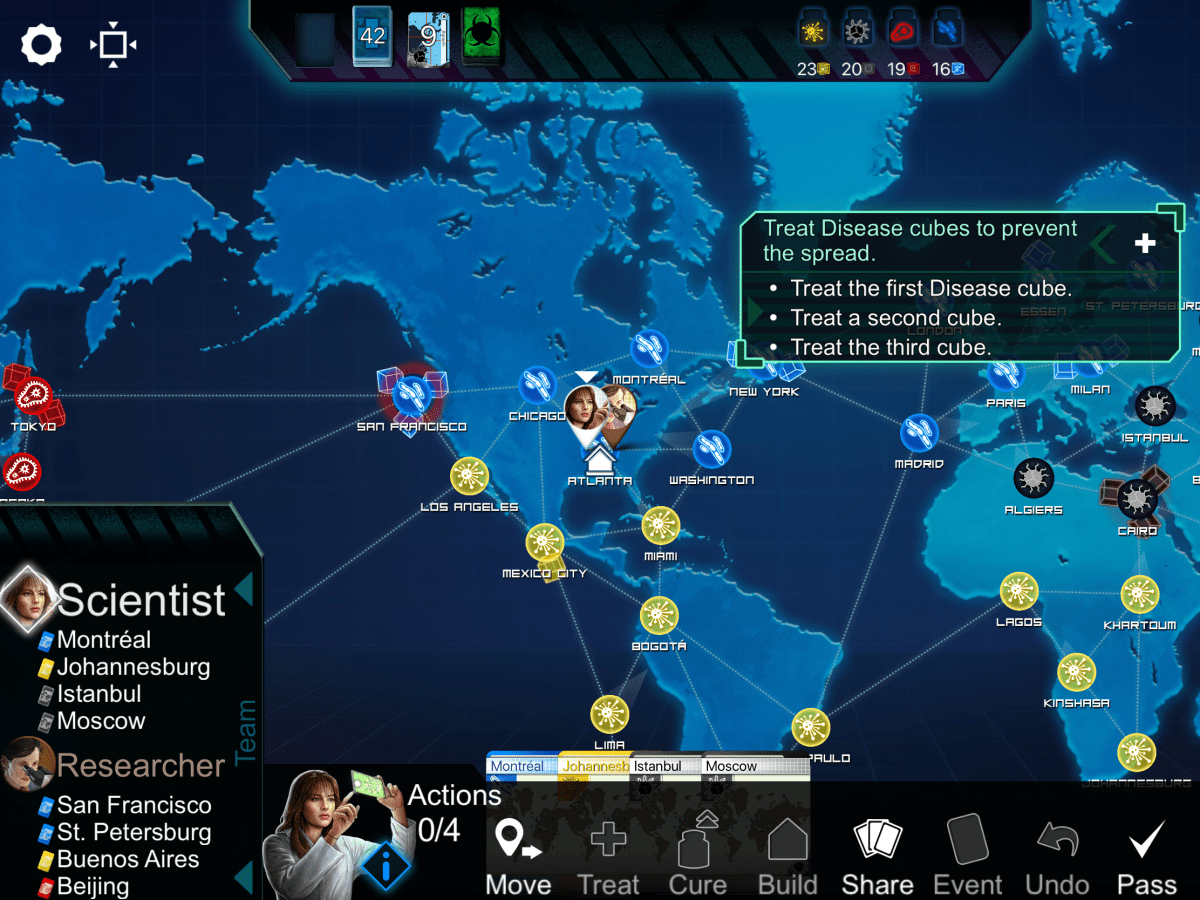
Fear is a huge motivator. Where resources are scarce, protecting yourself and your loved ones is a natural human response. Caring for people outside your own circle is a luxury that many people don’t have. I have that luxury, and I acknowledge that it is both unearned, and not universal.
That privilege means that I can take a meta view of the conversation around diversity and inclusion in the knitting community. It means that the outcomes of that conversation have zero impact on me personally. If a group isn’t welcoming of diverse voices and ideas, it’s unlikely to hurt me because I’m white, female, and now also pretty old (happy 50th to me!). On one hand, equity and diversity statements shouldn’t matter to me one jot.
On the other hand, do I have anything to lose from the world becoming more inclusive and welcoming?
We’ve all played Monopoly. Other than being deadly boring, it’s a reasonable enough game, with a simple to understand mechanic. You roll a dice to move around a board, buy property when you can, and pay rent when you land on property owned by another player. Own more property, get more rent, win the game. Land on an opponent’s property, pay rent, lose money, go bankrupt, and you are out of the game.
In order for me to win, you have to lose. If you win, I lose. Resources are finite, and sharing or being kind to your neighbours breaks the game. Nothing you do in the game can increase the number of resources available. In game theory, this is called a “Zero Sum Game”.
Applying this line of thought to diversity in the knitting community, you can understand why people are afraid. If I can no longer talk about my beloved childhood toy because it’s considered racist, what else is going to be restricted? I’m not racist, my neighbour is brown, and I like them. How can my love of my toy mean that I am a bad person?
It’s understandable that being called a racist is going to get some pushback. None of us think of ourselves as bad people. We are good people. Racists are bad people. I am not a racist, because I am good. For me to be good, I must not be racist. Good and racist cannot exist in the one person, therefore anyone calling me a racist is a horrible person.
When Squiddo was little, he LOVED playing games. We tried to keep it low tech, but he was too little for Scrabble, so we played a lot of Monopoly. But it soon became apparent that he was so focussed on winning the game that he wasn’t enjoying playing the game, so we started playing cooperative games.
Forbidden Island was a revelation to our family. We started playing from when Inigo was around 4 years old, and we played endlessly. Each player has a special ability, and they work together to recover parts of our ship and escape the island before it sinks into the ocean. Each player is unique, and contributes something to the team. If one player is lost, we all lose.
Next we played Pandemic, the board game. A more sophisticated game, this one involves treating disease outbreaks around the world, finding cures, and eradicating them. Again, we work as a team with unique abilities, and we live or die together as a team.
Pandemic is brilliant for learning communication skills, listening to other people’s ideas, and then deciding on a plan. Often the strategy requires multiple rounds of careful planning, and things can be disrupted as the game changes each round. So adapting to current conditions, and accepting change is important too. But we are all in this together, and no matter how hard it gets, we are all together, we are all important, and no voice is valued more than any other.
Once upon a time, someone called me out for racist behaviour. Then I learned that my behaviour was hurting people, then I changed. The key words here are “learned”, and “changed”. I learned because someone pointed my behaviour out to me (thanks Amelia!), and I changed, because I don’t want to hurt people.
I can’t say I won’t ever do another racist thing. I can’t say I have done all the learning I have to do to become anti-racist. But I can say that I am committed to the change. I can say that I recognise the harm I have done, and I am going to keep working. I can say that I believe in growth, and connection, and community. I believe that together we are more than the sum of our parts. I believe that life is not a zero sum game.
I want to see the knitting community grow and adapt to the changes that are happening right now. I don’t believe this is an “us Vs. them” scenario, and I don’t believe that there is one single voice that speaks for the entire community. I believe that through respectful dialogue we can find a way forward. I believe we have many shared values, that knitters want to be kind, and that diversity strengthens us all.
I believe that life is not a zero sum game.
I believe that we can all be winners.
If you are interested in more discussion on the psychology of “us vs. them” decision making, I thoroughly recommend this episode of The Hidden Brain Podcast.
•True story – I actually ruptured a disk playing Monopoly. It wasn’t worth it.


